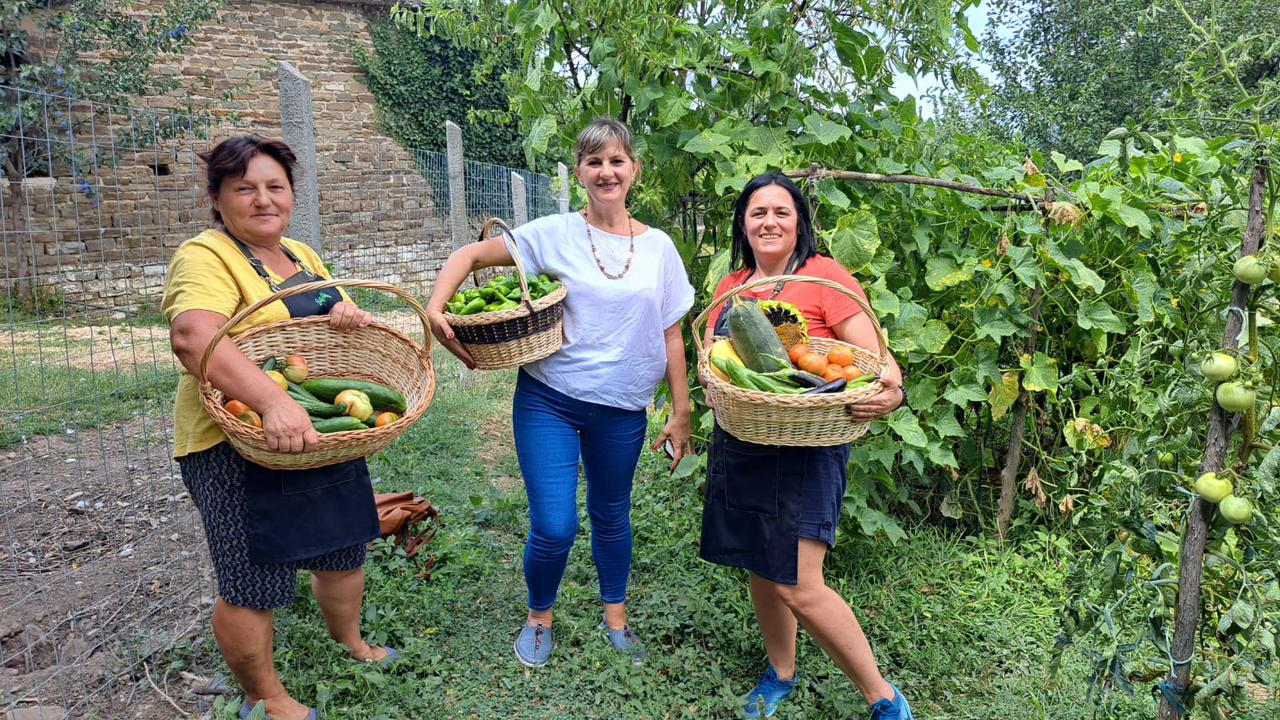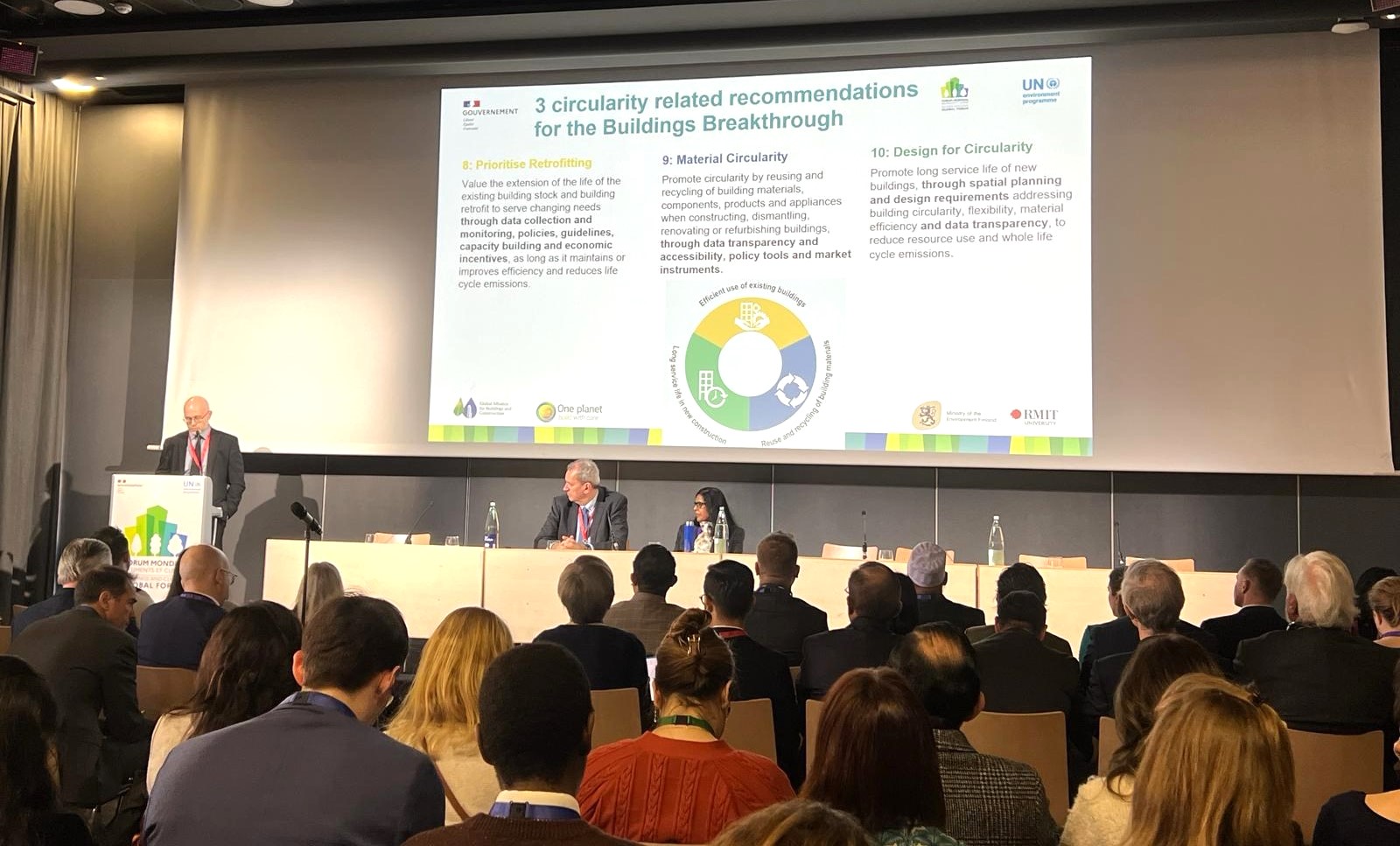Technology, innovation, and sustainability in cooperativism: electro-electronic waste management model based on the urban mining concept.
The growing population, coupled with the increase in the levels of production and consumption of goods, has intensified the generation of solid waste in urban areas. At the end of their useful life, many products are considered waste electrical and electronic equipment (WEEE), generating a large disposal deposit that, if not treated properly, can cause negative impacts on human health and the environment. WEEE deposits located in urban areas are also known as urban mines. These solid wastes contain an expressive amount of critical raw materials and valuable metals.
Researchers from the Mineral Technology Center - CETEM sought to establish possible solutions to the challenges for the efficient functioning of recycling cooperatives, which can also contribute to the development of urban mining as a way of helping to mitigate the negative impacts resulting from the increasing generation of these types of waste and generate employment and income.
From the study of the bottlenecks of reverse logistics, technology, and economic aspects, a model for urban mining cooperatives was suggested based on technological maturity, divided into six stages according to the technology needed for the processing of WEEE the training of workers. In this way, a classification comprising the branches of work, mining, and production cooperatives; was listed to assist in the future management of WEEE recycling by recycling cooperatives.
In general, recycling cooperatives perform logistics for WEEE, corresponding to collect, screening and store. However, only in some Brazilian states are cooperatives allowed to carry out reverse manufacture of WEEE, which corresponds to the first stage of WEEE processing.
The management of WEEE by urban mining cooperatives presents many challenges. Starting with the fact that the electronics available on the market were not produced in such a way as to consider the feasibility of dismantling, recycling, and reusing their components. Miniaturization, the search for better performance, and the new functionalities of high-tech electronics have been achieved using an ever-increasing number of smaller pieces, compact packaging, and encapsulated materials. This results in more incredible difficulty in dismantling or disassembling since this equipment is not initially designed to separate the constituent materials at the end of the use cycle.
WEEE recycling cooperatives, therefore, could play a fundamental role in the life cycle of post-consumer products, as they contribute to the collection of volumes of waste, often operating in areas where the public collection service and companies do not perform. In addition, they help to improve the sorting of waste and its destination for recycling industries. However, despite its participation being openly recognized in terms of urban solid waste, or municipal waste, on the other hand, its attributions in the WEEE segment are still uncertain in the current context.
Project: "Technology, innovation, and sustainability in cooperativism: electro-electronic waste management model based on the urban mining concept."
Funding: CNPq/SESCOOP 403048/2018-4
Lead Team: Dr. Ellen Giese (https://orcid.org/0000-0001-9709-4055)
External source(s)




